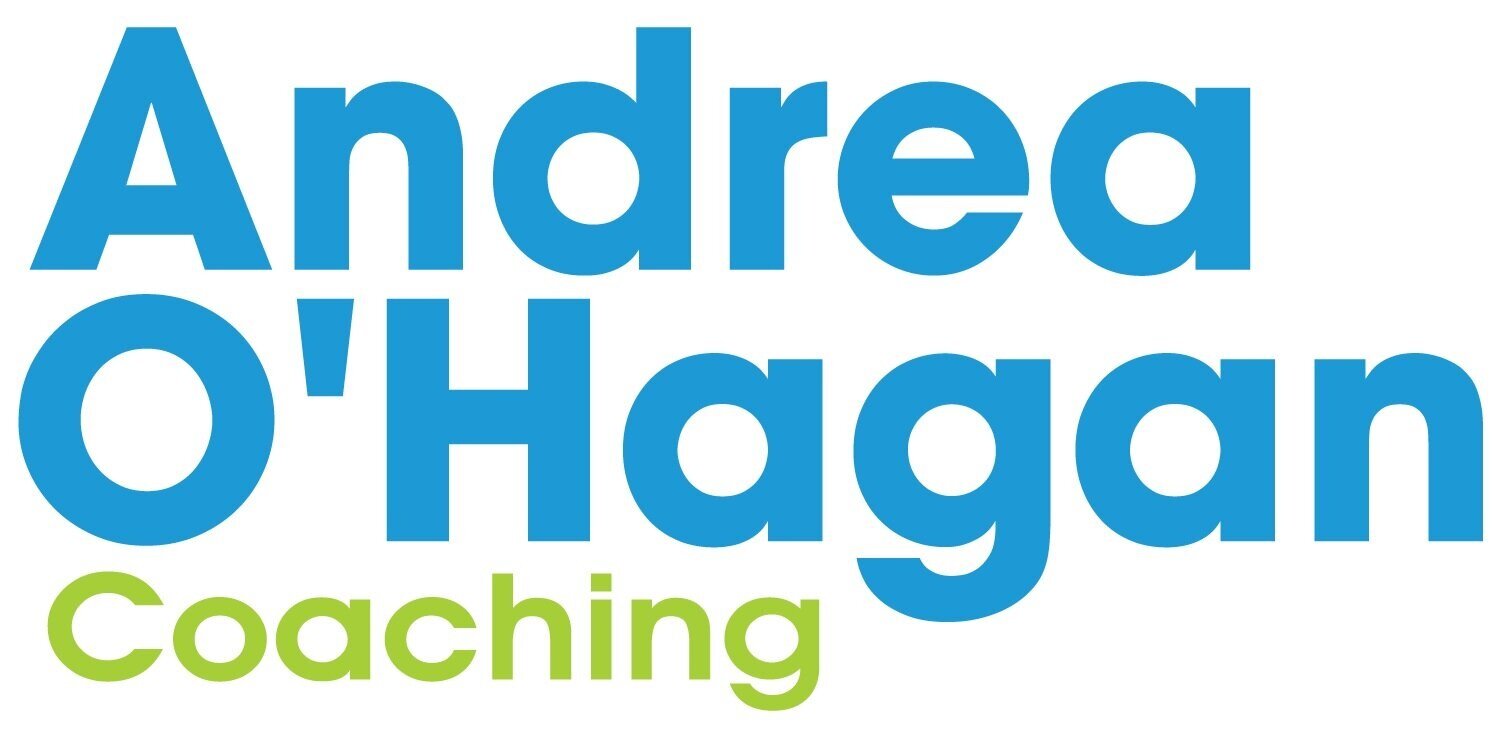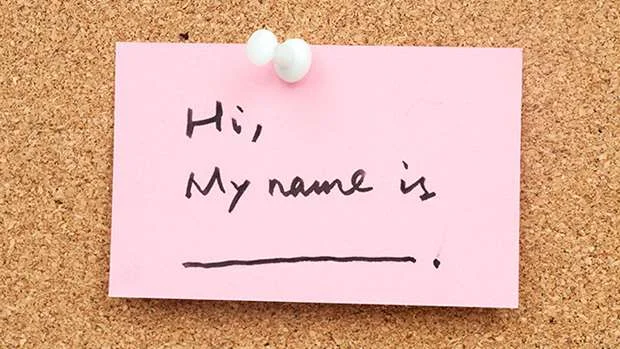Have you ever been addressed by a name that wasn’t yours?
Ever had someone call you a name that was close to your name and wondered whether to correct the person or not? Can you recall how you felt – especially it the person repeatedly called you by the wrong name? Sometimes we let it go. It we don’t have a strong relationship with the person – if they are a salesperson, or a new acquaintance. But what would you do if you saw this person five days a week and they insisted on calling you a name that wasn’t yours? Can you imagine how you would feel if you were told that your name was going to be replaced with another name – not of your choosing and not from your culture?
When Mike and I managed the Tauhara Centre in Acacia Bay, Taupo WWOOFERS (Willing Workers on Organic Farms) from around the world helped in the gardens, the kitchen and with the housekeeping. I was surprised how many Wwoofers from Asia seemed to have English names such as Mary, Tom, John, Sarah.
One memorable couple introduced themselves as Sunflower and Lion – and I got curious. “How did you get your names?” I asked. “Oh,” they replied, “we were told before we came to New Zealand that people here would find our Korean names too hard to say. We were told to choose new names for ourselves so we choose these two.”
Now that was a delightful story, and I started asking the same question of other Wwoofers. Some stories weren’t so delightful. Some had arrived in New Zealand and hosts had changed the name of their Wwoofer because they couldn’t pronounce the name. And not just the names of Wwoofers from Asia. Wwoofers from Europe told us the same stories.
What’s this story got to do with teaching or parenting?
Well, sadly it seems that changing a child’s name or not pronouncing a student’s name correctly is still happening within our schools. And the power balance between teachers and children/teenagers is not even, so students are not likely to correct us.
Our name is part of our identity.
There are stories connected to our name – who named me? When? Why? What other names have my family and friends called me? Why? These make up a part of the story of me. If my name is replaced or altered without my permission I have lost those parts of my story that I relate to.
Parents who speak English as a second language are not likely to approach a teacher to correct the teacher that chooses to change the name of a child. Instead those parents feel sadness and isolation from their child’s teacher.
Isn’t part of our cultural competencies demonstrating respect and regard for other cultures?
The first term is a great time to build relationships within our classrooms. Tell your class the stories that you want to share about your name. Ask for stories about the children’s names. Set them homework of finding out about their names – this opens up a learning opportunity for how to choose and write up interview questions. And another opportunity to learn how to record – by a device or by the written word or by pictograms – the stories about their name to bring to school and share.
Contact me for your free dance lesson plan based on your student's names. It can be adapted for any age. By the end of the plan you will have a class 'signature' dance that has incorporated every one’s name in the making process. Try it out and let me know how it goes.

